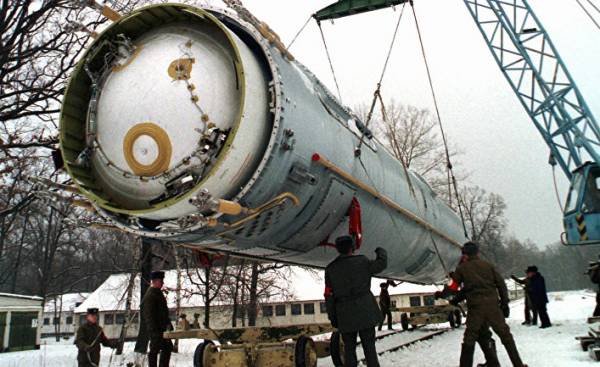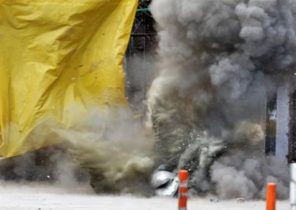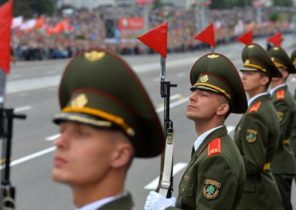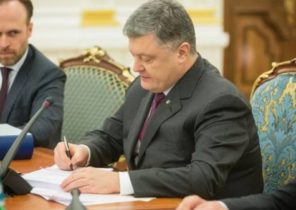
At the beginning of this year, global nuclear capacity fell to 9 425 warheads on combat duty. This is the lowest figure since 1959, although modern weapons are much more accurate and destructive. The trend originated in the mid 80-ies of the historical maximum was 64 500 warheads in 1986, and slowed in recent years, developing on the background of the major investments of the States in the modernization of nuclear weapons, says the report of the Stockholm Institute for peace studies (SIPRI) published on Monday. Russia and the United States, the two superpowers, which accounted for 93% of all nuclear warheads, launched a program of modernization of their arsenals, sending a record amount.
Russia remains the country with the largest number of nuclear warheads (4.3 thousand from Russia, 4 thousand in the USA). Slightly less than half this amount (1.95 thousand in Russia and 1.8 thousand in the USA) have been deployed and are in position, ready for use. To this amount one should add nuclear weapons in the process of liquidation (5,5 thousand warheads on the two superpowers).
At the inauguration of Donald trump said that the United States failed to modernize their nuclear potential, which he called outdated, and concluded with Russia’s “unilateral and bad” contract. Soon, in an interview with Reuters, he said that wants to increase their strength, to occupy a leading position. The White house added that he would like to see a world without nuclear weapons, but it is impossible, yet there are threats like the one that comes from the North Korean regime. The budget Committee of the U.S. Congress pledged 400 billion dollars to upgrade its nuclear Arsenal over the next decade. According to some analysts, until 2045 for these purposes will be allocated one trillion dollars.
“The DPRK has made impressive gains over the last decade. If, before the coming to power of Kim Jong-UN, the North Koreans were only able to produce nuclear weapons, now they will begin to produce nuclear warheads small weights that can be mounted on missiles and medium — range action,” said Shannon keel, head of the Department of nuclear weapons in the SIPRI.
At the end of last year, Pyongyang tested the most powerful nuclear warhead in history. It happened ten years after the first North Korean nuclear test. Trump has proposed to deploy nuclear weapons in South Korea, however, the new President of that country received him not.
A year ago the British Parliament with the support of 80% of the deputies took the decision to modernize their obsolete nuclear Arsenal. Initially for these purposes is allocated about 46 billion euros. Prime Minister Theresa may responded affirmatively to the question about whether to use a nuclear bomb deterrent, with the result that “would have killed a hundred thousand innocent children and women.” Emmanuel macron during the election campaign, also assured that he will bring to life an ambitious plan of modernization of 290 nuclear warheads. After the UK leaves the EU, France remains the only country of the United Europe, which has nuclear weapons.
Despite the fact that none of the nine nuclear-weapon States (China, India, Pakistan, Israel, UK, France, Korea, Russia and the United States) did not show any intention to eliminate its nuclear capability, the UN Commission on disarmament, introduced in may, the draft world Treaty on the prohibition of nuclear weapons. “We, the analysts, do not believe that nuclear weapons can be eliminated without the support of the nuclear powers, however, appreciate the efforts of such countries as Norway, Sweden, Austria and New Zealand, which at least fulfil its moral and humanitarian duty and contribute to make the world nuclear-free,” says keel.
“Unfortunately, none of the nuclear powers, it seems, is not going to follow the path of South Africa is the only country to voluntarily eliminate its nuclear capability in 1993,” adds the researcher.
A permanent reduction in the overall number of nuclear weapons occurs mainly due to three contracts concluded between Moscow and Washington since 1991. Despite the fact that the total number of warheads was reduced to 50 years, affecting the possibility of nuclear weapons has grown significantly, and their means of delivery have become much more sophisticated. For seven years the United States and Russia do not negotiate on disarmament, despite efforts of experts of both countries.







